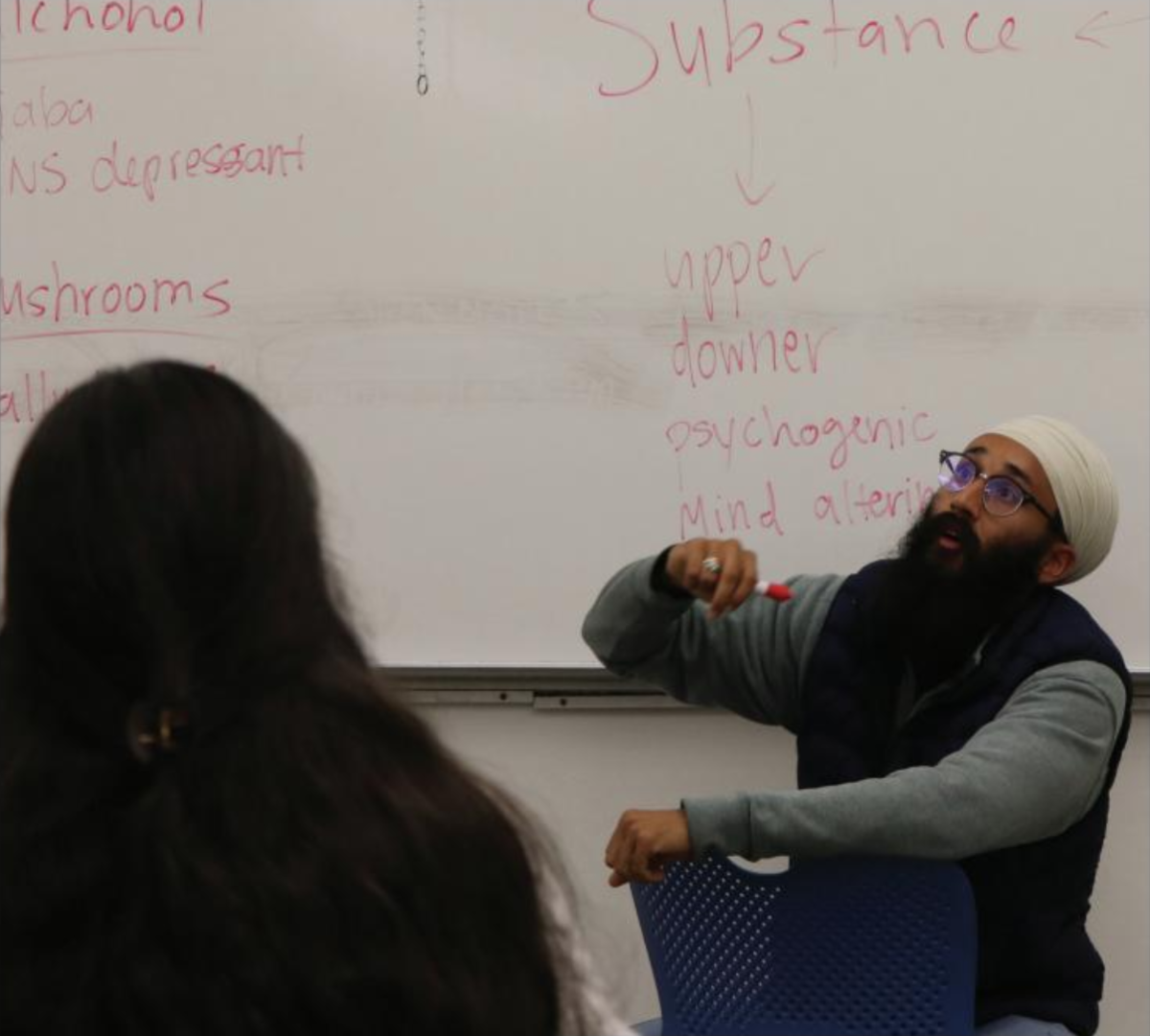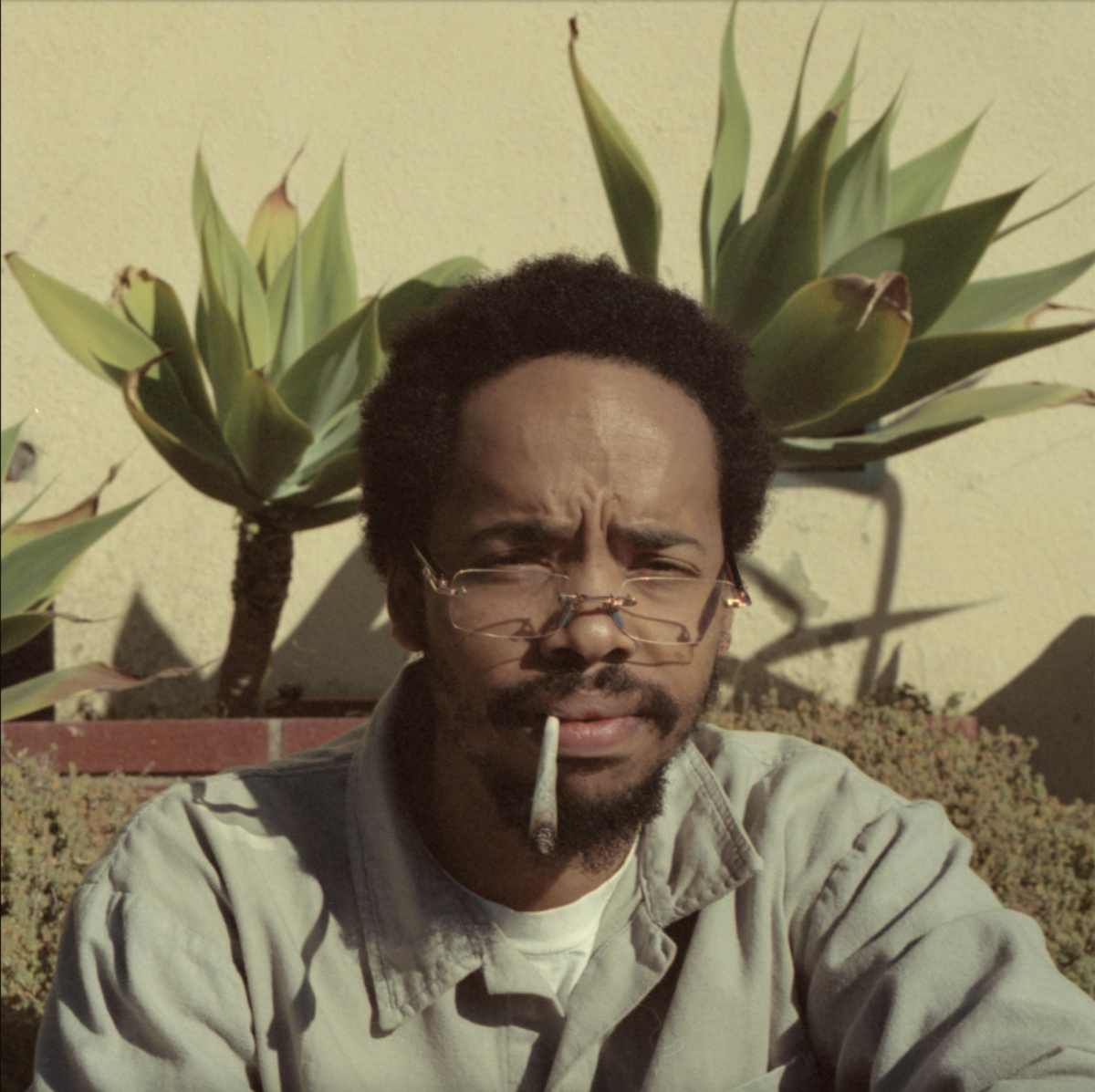About 15 San Jose State students gathered for an intimate discussion about substance use within the Punjabi community on Wednesday evening in Dudley Moorhead.
The event was hosted by the SJSU chapter of Jakara Movement, a grassroots organization dedicated to empowering and supporting Punjabi Sikhs.
During the discussion, recording was prohibited as it was meant to be a private space. After the event, some organizers and attendees expressed their thoughts and feelings about substance use.
Sonia Dosanjh, a Jakara Movement board member, said there is an unacknowledged alcohol usage problem prevalent in the Punjabi community, specifically among the younger generation.
“We’ve all just been aware of it and we just wanted to talk about it in our communities. It’s not really something that we talked about,” Dosanjh said. “[From there, we tried to] to come up with solutions to get people help.”
The guest speaker of the event was Anokh Singh, a Jakara Movement board member, who talked about several substances but focused on alcohol use and its effects.
Singh said it’s hard being in the middle, because on one hand alcohol is normalized within the culture, but on the other hand elders in the Punjabi community don’t speak on safe alcohol consumption due to the stigmas and cultural barriers.
He said for that reason, it’s difficult being vulnerable and they have to learn through their own mistakes.
“A lot of people are going through these simultaneous experiences without being able to share their experiences and they feel like they’re alone,” Singh said.
He said in reality, so many people are going through the difficulties involved with substance use.
“That’s why I love spaces like this because I’m not the only person that, maybe, thinks this way,” Singh said. “I have a peer group that thinks similarly to me and I can build from now.”
He also said not only is alcoholism a difficult issue, but the harms of the lack of safe spaces and inevitable “implosion” also carries a toll on the youth.
Mechanical engineering senior Harpreet Rathore said the best way to show support is to host a safe space for difficult conversations like those and spread awareness.
Rathore said he has friends who struggle with substance abuse, so it was important to him that he joined the discussion.
“Getting to know more about how it affects our society and, like, having knowledge about it . . . helps my house, my friends, because I can spread the word,” he said.
Singh said it’s important for the younger generations to feel that they can be vulnerable about it, especially as pills, vaping and smoking weed are becoming popular with young kids.
“How do we address that stuff?” he said. “I think when people come here, first it’s adapting, and then surviving, and then the stigma statement really comes down to, like, you don’t want to air out your dirty laundry. You don’t want things coming back into your own household.”
Singh added that communities would rather see themselves implode rather than address the situation.
“We have to have open conversations about it,” he said. “It’s the only way.”






































